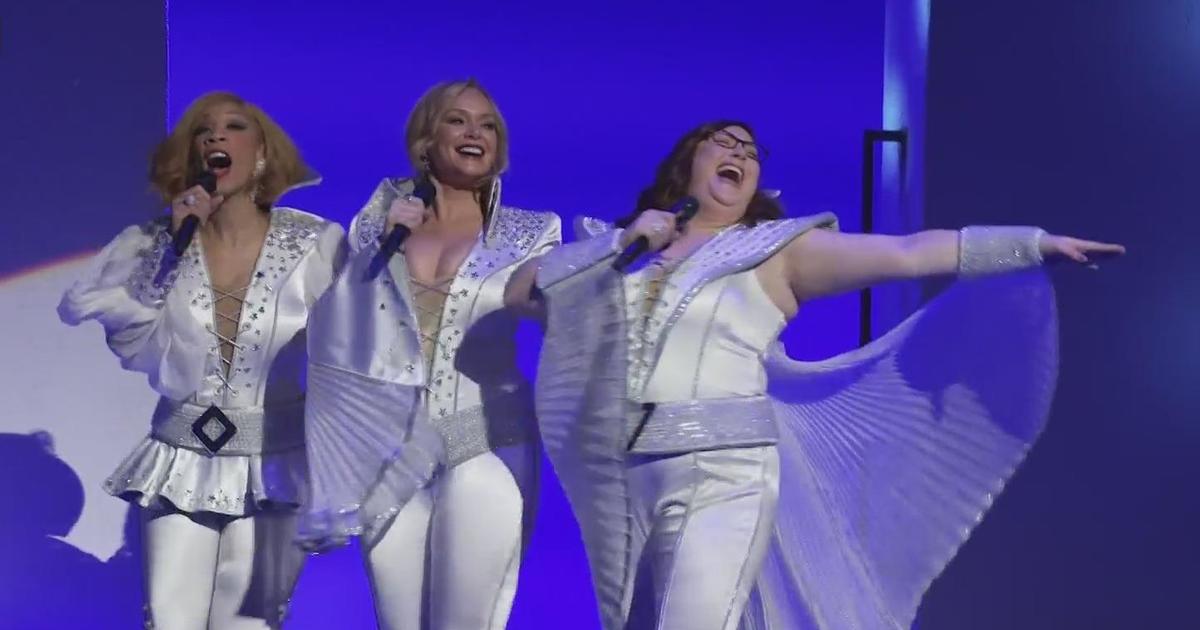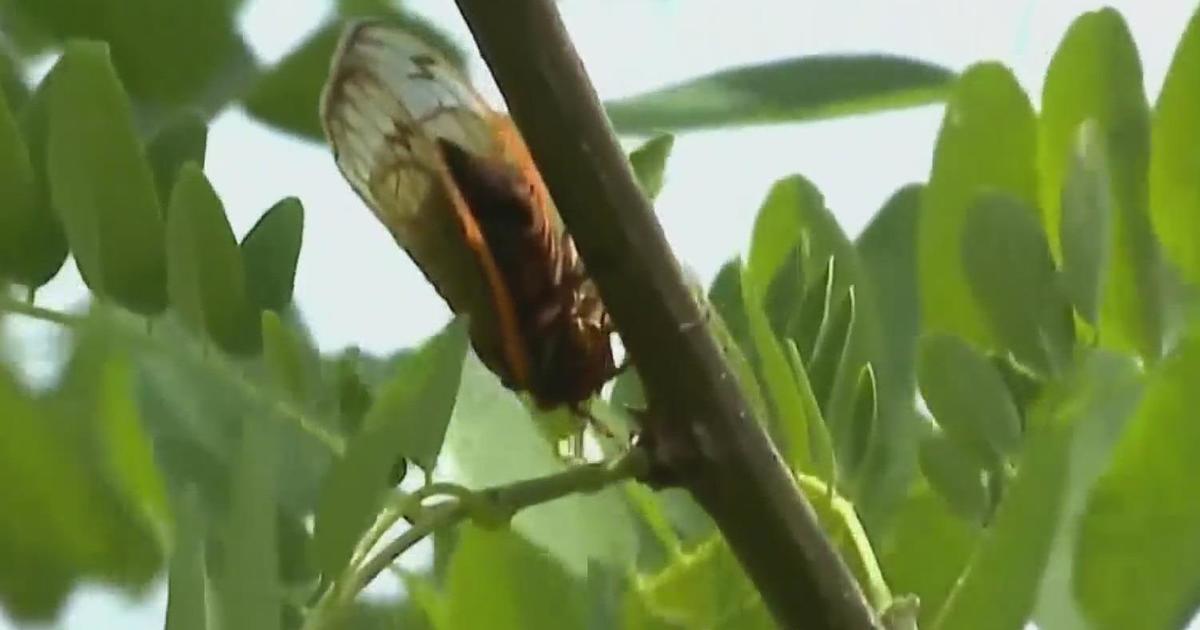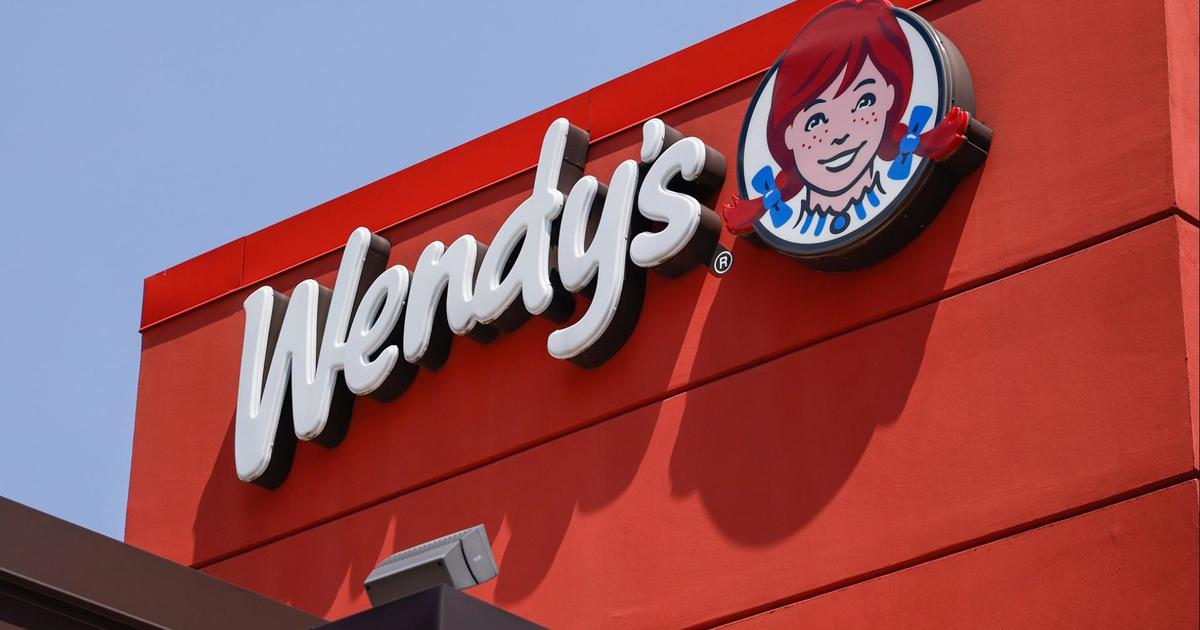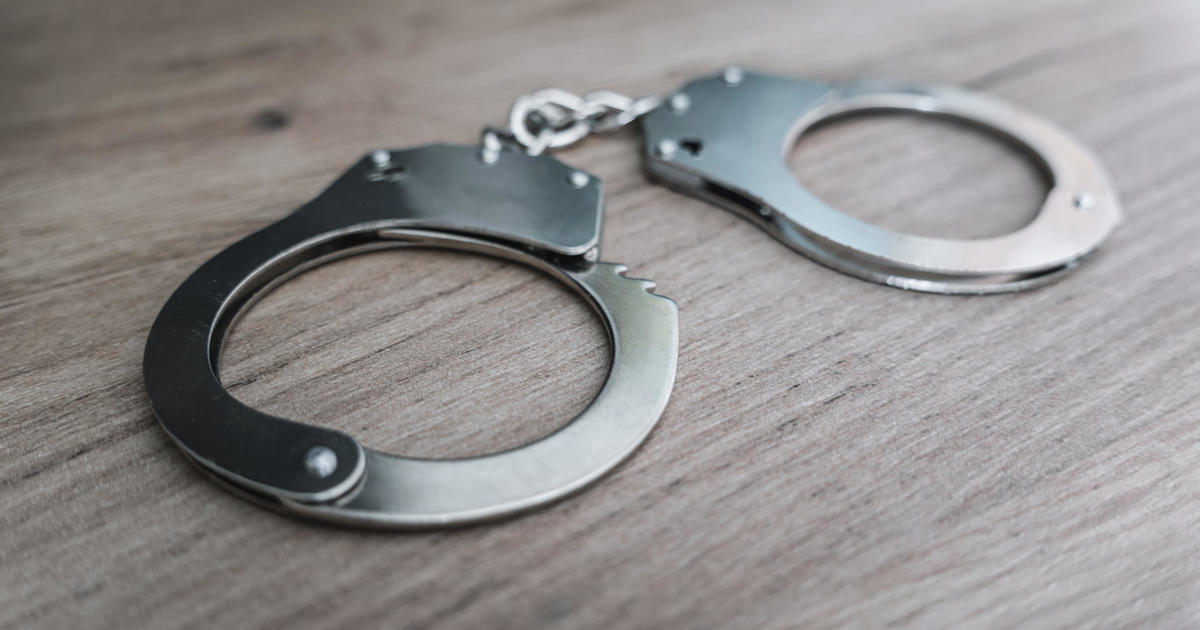'Ripple Effect' experience brings voices of gun violence survivors to Chicago's Lakefront Trail
It's another beautiful day for a stroll, and if you take a walk along the Lakefront, you may notice some markings on the path.
Morning Insider Lauren Victory explains the dark meaning behind new bright orange footprints on the Lakefront Trail.
"Here in Chicago, we're used to hearing about gun violence in the news," says the narrator in the city of Chicago's new audio experience called "The Ripple Effect."
It's true, most of us move on the next story after hearing about a shooting, but what about families left behind – mothers like Valerie Burgest? Her son, Craig Williams, was shot and killed nearly 9 years ago.
"He was my light; he was my air," she says in the Ripple Effect recording. "Some days are better than others, but I will never recover."
Burgest's voice is the first one you'll hear, followed by testimony from other gun violence survivors, community activists, and medical experts. All speak about the different ripple effects of gun violence from its damage to mental health to its impact on academics and work performance.
"Craig was my only child. So, I no longer have a child. That's gonna be my forever," Burgest said to CBS 2 about the lasting effect gun violence has on her.
Her story and others can be accessed through the QR code on signs recently installed in Douglass Park and along the Lakefront Trail from 31st Street Beach to Oakwood Beach and Belmont Harbor to Fullerton Beach.
Along the Ripple Effect trails, you'll also find 747 pairs of orange footsteps that represent each person killed in Chicago shootings in 2021 alone. They're spaced out for 1.5 miles – the length a bullet can travel.
It's a sad reality, but organizers behind the project from the City's Community Safety Coordination Center also wanted to include some optimism. So, every quarter mile you'll find a description of solutions at work, too.
"In particular, Pastor Chris Harris is a good friend of mine. He does a lot of help, a lot of assistance around trauma-informed services," explains Manny Whitfield, who brought many of the organizations fighting gun violence to table for the project. Whitfield is the director of community engagement for the Community Safety Coordination Center.
CBS 2 asked Whitfield why would a city that makes money off tourism put such a shocking display in such a highly trafficked area?
"To hide from it would do us no justice. It's imperative that we be transparent. We understand that we're in a state of crisis," he said.
It's a crisis that Trevon Bosley has been fighting since he lost his brother to Chicago gun violence.
"These are not just numbers, these are actual people's lives," Bosley said in the recording.
In an email to CBS 2, he explains his hope for the campaign:
"For those who aren't affected by gun violence I hope they understand that gun violence can happen to anyone at any time even while doing the right things in life. For the people experiencing gun violence I hope it helps them understand that their are people still fighting this problem ,there are people researching the best ways to change things and that a better tomorrow is on the way. And for everyone that sees it understand the effects of gun violence don't just stop at the initial shooting they last a lifetime."
The three Ripple Effect trails will only stay up for the month of June, also known as Gun Violence Awareness Month. On Friday, June 3, you might notice people wearing orange. That's for National Gun Violence Awareness Day in honor of Hadiya Pendleton, a young Chicagoan shot and killed on the playground in 2013.




